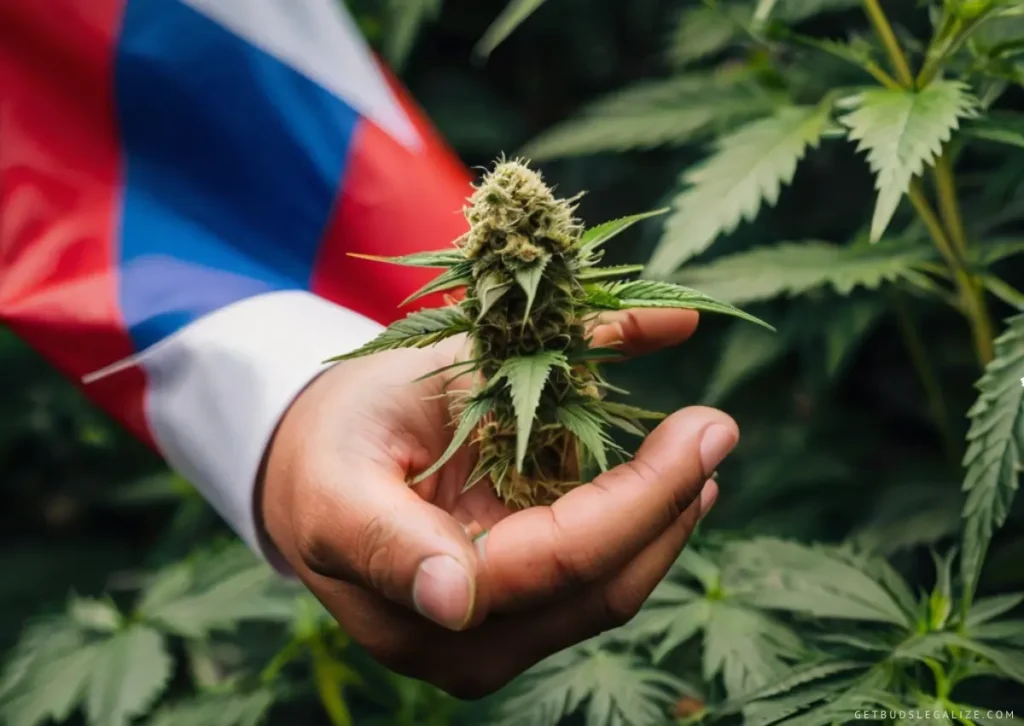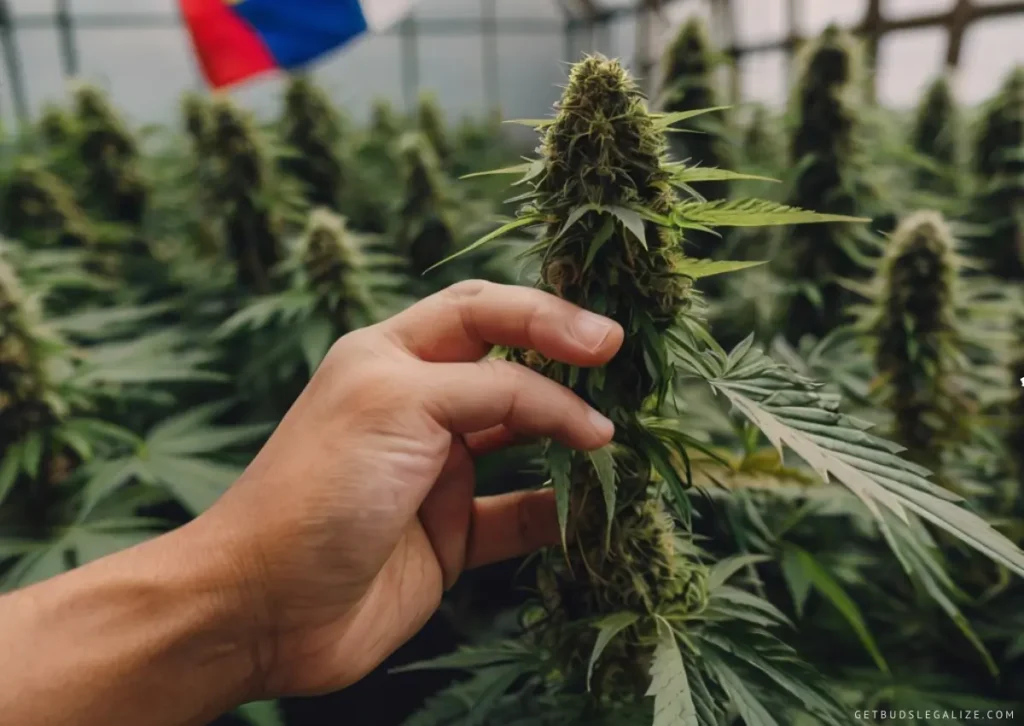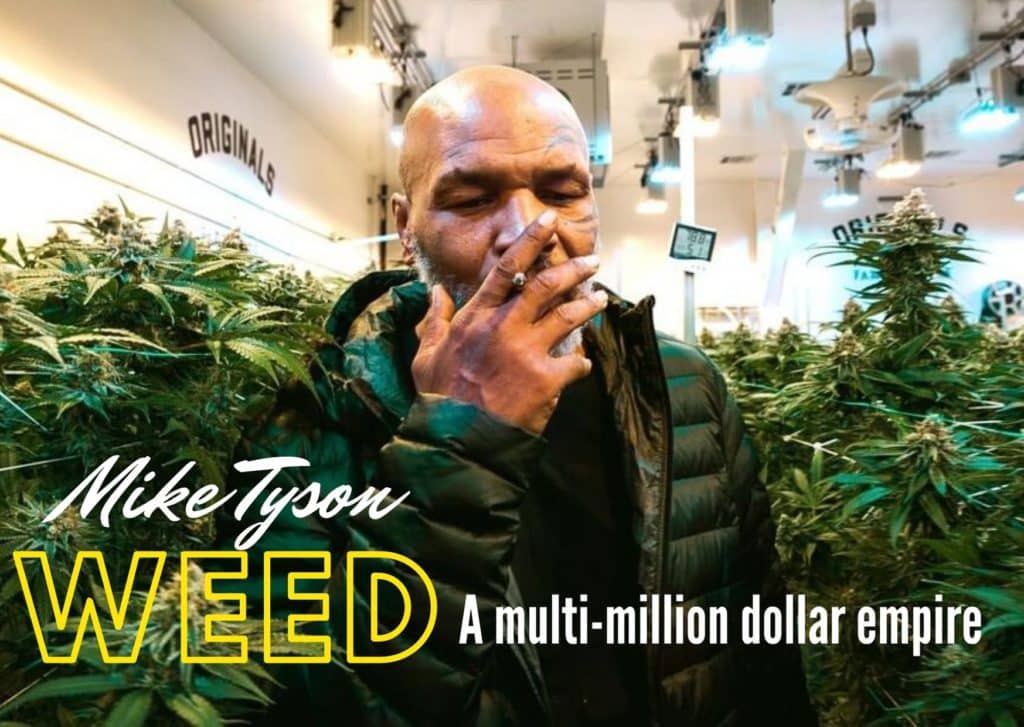Advocates Push For Legal Reform On Marijuana In The Philippines: A Step Towards Progressive Drug Policy
In a landmark move, advocates in the Philippines are pushing for legal reform on marijuana, aiming to decriminalize its production, sale, and use. Spearheaded by former House Speaker Pantaleon Alvarez and supported by the lower chamber’s dangerous drugs committee, this initiative marks a significant step towards a more progressive drug policy in the country.
At the forefront of this movement is the recognition of the inconsistencies within current drug classification systems. Alvarez boldly denounced the categorization of cannabis and its derivatives as dangerous drugs, labeling it as absurd. In his impassioned speech, he questioned why substances like alcohol, cigarettes, and sugary drinks, known for their harmful effects, are allowed while marijuana, which he argues is less harmful and potentially beneficial, remains criminalized.
Indeed, the economic potential of legalizing marijuana cannot be ignored. Alvarez emphasized the wealth generation that could result from taxing cannabis production and sales. With billions of pesos in potential revenue, he proposed redirecting these funds towards vital public services and infrastructure projects, offering a solution to pressing societal needs exacerbated by the ongoing pandemic-induced economic crisis.
The move towards marijuana legalization in the Philippines represents a paradigm shift in drug policy, moving away from punitive approaches towards a more evidence-based and pragmatic stance. By acknowledging the potential benefits of legalization, advocates are striving to address the societal, economic, and health-related challenges associated with current drug regulations.

However, the journey towards legal reform is not without challenges. Opposition and skepticism persist, with concerns raised about the societal and medical implications of cannabis legalization. Policymakers must engage in informed discussions, considering expert opinions and international best practices, to address these concerns effectively.
As the legislative process unfolds, transparency, inclusivity, and evidence-based decision-making must guide proceedings. Collaboration between the dangerous drugs committee and the health committee, as well as input from stakeholders and experts, will be essential in shaping comprehensive and effective marijuana regulation policies.
Ultimately, the push for legal reform on marijuana in the Philippines reflects a broader global trend toward progressive drug policies. By embracing evidence-based approaches, prioritizing harm reduction, and fostering public dialogue, the Philippines has the opportunity to lead the way toward a more equitable, just, and forward-thinking drug policy framework.
Analyzing The Implications Of House Bill No. 6783
In the ongoing debate over drug policy reform in the Philippines, House Bill No. 6783, proposed by former House Speaker Pantaleon Alvarez, has emerged as a focal point. This bill seeks to exclude cannabis, cannabis resin and extracts, and tinctures of cannabis from the list of dangerous drugs outlined in Republic Act No. 9165.
Under the current law, individuals convicted of cultivating marijuana or possessing specified quantities of cannabis face severe penalties, including hefty fines and even life imprisonment. Alvarez’s proposal challenges this punitive approach, arguing for the delisting of cannabis and its derivatives from the dangerous drugs list.
However, concerns have been raised regarding the potential consequences of delisting cannabis. Batanes Representative Ciriaco Gato, for instance, expressed apprehension that such a move could pave the way for the recreational use of marijuana. Gato emphasized the need to consider the negative effects of cannabis, both from medical and social standpoints and urged caution in deliberating on the proposed bill.
As the proposal progresses through the legislative process, it faces several challenges and uncertainties. Despite the formation of a technical working group (TWG) by the lower chamber’s dangerous drugs committee, chaired by Robert Ace Barbers, ‘House Bill Number NO. 6783 is not considered a priority by the Marcos administration.’ Barbers himself has emphasized the importance of further discussions and expert opinions before advancing the measure.

Progress and Challenges
While there are multiple bills referred to the health committee seeking to legalize medicinal marijuana progress on this front has been slow. Although the House approved a bill on medical marijuana during the 17th Congress, it failed to gain traction in the Senate. Subsequent attempts in the 18th Congress also faced obstacles, highlighting the challenges of advancing drug policy reform in the Philippines.
Despite these challenges, there is growing momentum towards a more progressive approach to marijuana regulation in the country. Advocates argue that legalizing cannabis could lead to significant economic benefits, including increased government revenue and job creation. Furthermore, there is increasing recognition of the potential therapeutic benefits of this plant, which could improve access to treatment for patients suffering from various ailments.
As the debate continues, policymakers need to consider evidence-based approaches, prioritize harm reduction, and engage in transparent and inclusive discussions. By doing so, the Philippines has the opportunity to navigate the complexities of drug policy reform and move towards a more just, equitable, and forward-thinking approach to marijuana regulation.
Final Thoughts
In conclusion, advocates’ efforts to push for legal reform on marijuana in the Philippines represent a crucial step towards building a more progressive and humane drug policy. By challenging outdated paradigms and embracing evidence-based strategies, the country has the potential to pave the way for a brighter and more compassionate future for all its citizens.
FAQs about Marijuana in the Philippines
No, marijuana is currently illegal in the Philippines. It is classified as a dangerous drug under Republic Act No. 9165, also known as the Comprehensive Dangerous Drugs Act.
Penalties for possessing cannabis in the Philippines vary based on the quantity involved. Individuals convicted of possession can face fines and imprisonment, with more severe penalties for larger quantities.
As of now, medical cannabis is not legal in the Philippines. However, there have been efforts to legalize medicinal cannabis, with bills proposed in the Philippine Congress. These bills aim to allow the use of marijuana for medical purposes under regulated conditions.
There have been ongoing discussions and debates about marijuana legalization in the Philippines. While some lawmakers and advocates push for reform, others remain cautious or opposed to the idea. Various bills have been filed in Congress, but progress has been slow, and legalization has not yet been achieved.
Yes, there have been initiatives to decriminalize cannabis in the Philippines. Some lawmakers argue that the current approach to drug policy, particularly regarding cannabis, is ineffective and overly punitive. Decriminalization efforts aim to shift towards a more lenient approach, focusing on harm reduction rather than strict enforcement.
Proponents of marijuana legalization in the Philippines often cite potential economic benefits, such as tax revenue and job creation. They also argue that legalization could reduce the burden on the criminal justice system, allowing resources to be allocated more effectively. Additionally, advocates highlight the therapeutic benefits of medical cannabis for patients suffering from various illnesses.
Opponents of marijuana legalization in the Philippines raise concerns about potential negative effects on public health and safety. They worry about increased substance abuse, especially among young people, and the potential for marijuana to serve as a gateway to other drugs. There are also cultural and social considerations, as some fear that legalization could lead to moral and societal decay.
Public opinion on marijuana legalization in the Philippines is divided. While some segments of the population support reform, others remain skeptical or opposed. Factors such as age, education, and cultural background can influence attitudes toward marijuana legalization.
Yes, there are ongoing efforts to educate the public about the effects of marijuana in the Philippines. Government agencies, non-profit organizations, and health professionals often conduct campaigns and provide information about the risks and consequences of marijuana use. These efforts aim to raise awareness and promote informed decision-making regarding drug use.
Reliable information about marijuana laws and regulations in the Philippines can be obtained from official government sources, such as the Philippine Drug Enforcement Agency (PDEA) and the Department of Health (DOH). Additionally, reputable news outlets and legal organizations may provide updates and analysis on drug policy developments in the country.
We rely on our partners to provide you with the best products and services. By purchasing from them, you support our website and get high-quality products. Thank you for being part of our community!
ILGM Fertilizer

- From seedling to harvest, give your plants everything they need.
- Enough for feeding at least 5 plants.
- Discounted Package Deal
- Works well in soil, hydroponics, and other growing mediums.
- The best way to treat your plants
ILGM Plant Protector

- Protect your cannabis from diseases and harmful pests.
- Contains three 20 ml bottles.
- Enough supplies to protect 20 plants.
- It can be used in soil, hydroponic, and all other growing mediums.



















